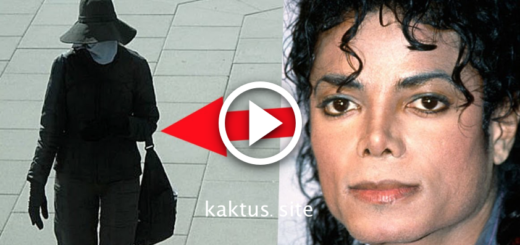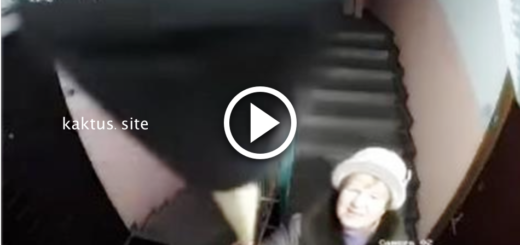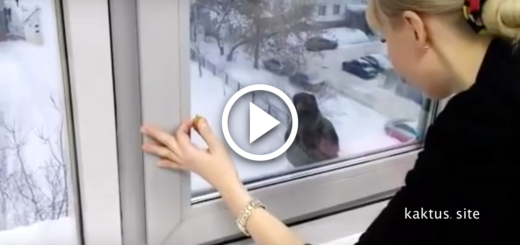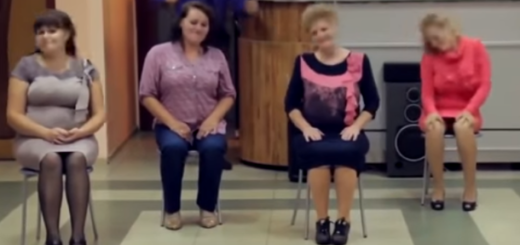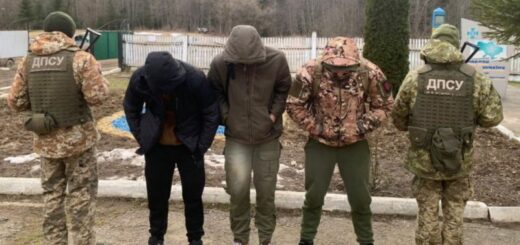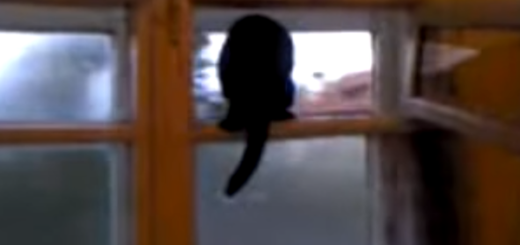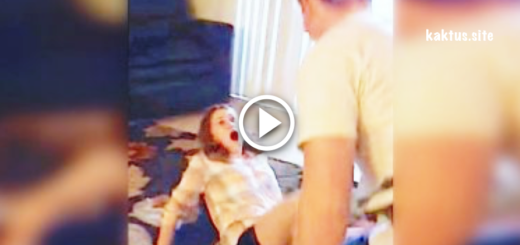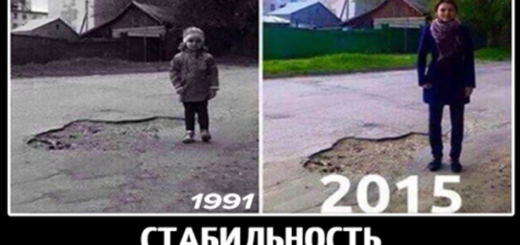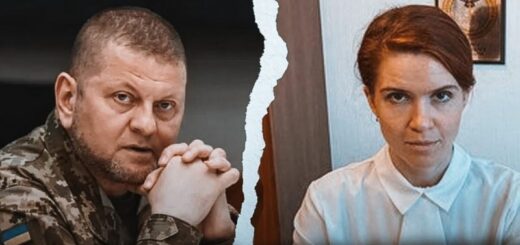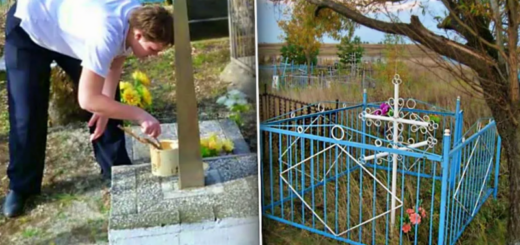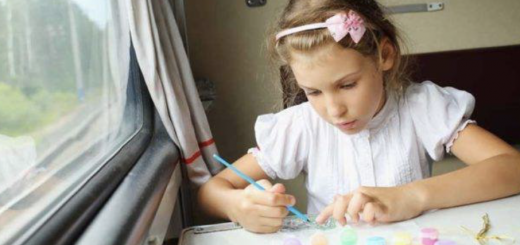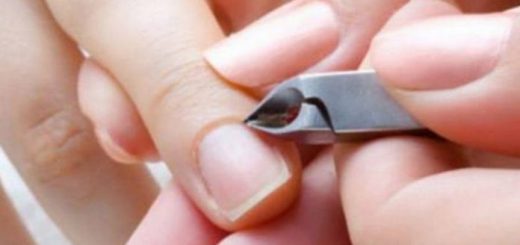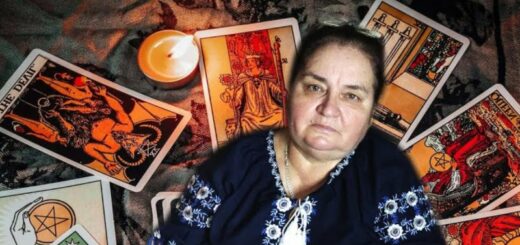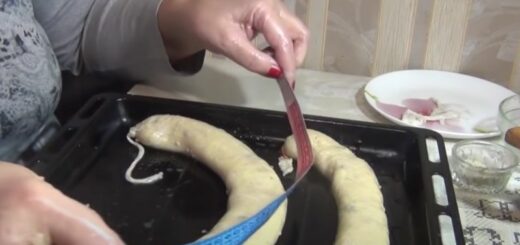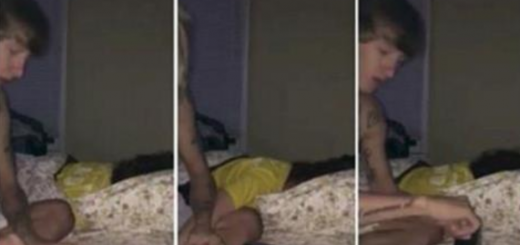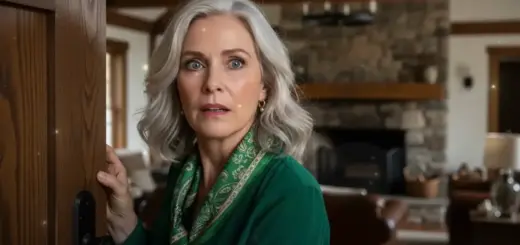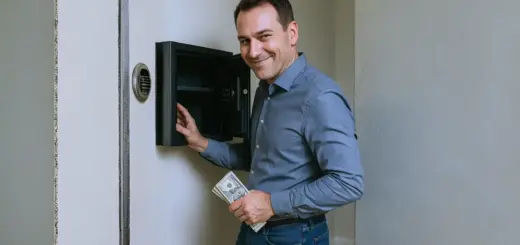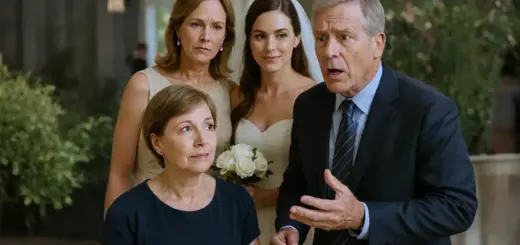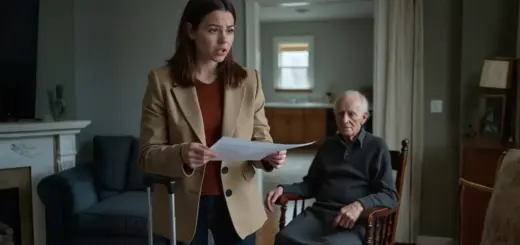Amanda finally arrived, setting her meticulously arranged plate down and instantly commanding attention with an anecdote about a celebrity she’d spotted at her gym. Charlotte asked appropriate questions. Patricia beamed with pride. Even Frank shifted to hear her better. During a brief lull, I saw my opportunity. «I just finished a branding project for that new bakery downtown,» I offered. «They’re having their grand opening next weekend.»
Amanda’s eyes narrowed slightly. «How nice. Is that the place with the tacky neon sign? I drove past it yesterday.»
«The signage is actually vintage-inspired,» I explained. «The owners wanted to honor the building’s history as one of the first…»
«If you disappeared tomorrow,» Amanda interrupted with a theatrical sigh, «no one would even notice. That’s how boring this conversation is.» The table erupted in laughter. Patricia tittered behind her napkin. Richard guffawed. Even Gregory chuckled, reaching for his beer. Frank, who likely hadn’t heard the comment, joined in automatically. The sound surrounded me like cold water, shocking my system.
I felt simultaneously hyper-visible and completely invisible. My face burned, but my hands turned ice cold. In that moment, seven years of accumulated slights crystallized into perfect clarity. I didn’t cry. I didn’t storm off. I didn’t create a scene that would later be recounted as evidence of my emotional instability. Instead, I raised my hot dog in a mock toast, met Amanda’s gaze directly, and said clearly, «Challenge accepted.»
A brief, confused silence fell over the table. Amanda’s smile faltered slightly. Gregory looked between us, sensing something had shifted but unable to identify what. Then Patricia chirped, «Who’s ready for Richard to carve the brisket?» And the moment passed. For the remainder of the afternoon, I observed rather than participated. I watched how easily they all moved through their world of assumed privilege and belonging. I noted how Gregory seamlessly blended with his family, while occasionally throwing me an absent smile.
I catalogued every slight, every exclusion, every moment I was spoken over or around. Most importantly, I listened to the quiet voice inside me that had been whispering for years, now finally loud enough to hear: You deserve better than this. By the time we gathered our things to leave, my decision was made. The only question remaining was how to implement it.
The drive home from the barbecue stretched in silence. Gregory checked emails on his phone, occasionally reading aloud snippets about his Tokyo trip. I stared out the window, mental calculations already running beneath my outward calm. When we reached our driveway, he finally seemed to notice my unusual quiet. «Everything okay? You’ve been off since lunch.»
I considered my words carefully. «Amanda’s joke about me disappearing… did you think that was funny?»
Gregory sighed, unbuckling his seatbelt. «Don’t start with this again. Amanda was just being Amanda. You know how she gets at family gatherings.»
«You laughed,» I said simply.
«It was a joke, Vanessa. Not everything needs to be analyzed to death.» He got out of the car, effectively ending the conversation.
That night, as Gregory slept soundly beside me, I stared at the ceiling, replaying not just the day’s events, but the entire trajectory of our marriage. I thought about the bright, ambitious designer I’d been when we met. I remembered how confidently I’d handled clients, how passionate I’d been about my work, how deeply I’d connected with friends. Somewhere along the way, I’d started believing the subtle message the Caldwells had been sending: that I was lucky to be among them, that my inclusion was conditional upon my compliance, that my worth was determined by their assessment.
I slipped out of bed at 2 a.m. and padded to my home office. I opened my laptop and began methodical research: bank accounts, apartment listings in Seattle where Olivia lived, transportation options. By dawn, I had a rudimentary plan. Gregory left for a morning golf game with Richard, kissing me absently on his way out the door. The moment his car pulled away, I began executing my plan with surprising clarity.
First, I called Jessica, my college roommate who had remained loyal despite my increasing isolation. «I need a massive favor,» I said when she answered.
«Name it,» she replied without hesitation.
«I’m leaving Gregory today. Can you come help me pack the essentials?»
Two hours later, Jessica arrived with coffee, packing supplies, and fierce determination in her eyes. We worked efficiently, identifying what I truly needed versus what could be replaced. Clothes, personal documents, irreplaceable mementos, and my design equipment took priority. «I can store whatever doesn’t fit in your car at my place,» Jessica offered, carefully wrapping a framed photo of my mother and me.
While Jessica organized the physical items, I handled the financial separation. I transferred exactly half of our joint savings into my personal account, not a penny more, despite the temptation. I paid my share of the monthly bills that were due. I made a list of subscriptions and services to transfer or cancel. By mid-afternoon, my car was packed with the distilled essence of my life.
Jessica hugged me fiercely before getting into her own vehicle. «Call me when you’re settled for the night. And Vanessa? I’m proud of you.»
Alone in what had been our home for five years, I wrote Gregory a letter. I kept it simple, stating that I needed time away to re-evaluate our marriage. I explained that I had taken only what was indisputably mine and had contributed to outstanding bills. I asked for space and no contact while I sorted through my feelings. I did not share my destination.
As a final act, I removed my wedding ring and placed it atop the letter on the kitchen counter. Next to it, I left a copy of Amanda’s cruel joke, written verbatim, with the date and location noted clinically. Before leaving, I allowed myself one moment of sentimentality. I picked up our wedding photo from the hall table. We looked so happy, so full of possibility. Gregory’s smile reached his eyes back then. My own face shone with a hope and confidence I barely recognized now.
«Goodbye,» I whispered, replacing the frame and walking out the door without looking back.
The sensation of driving away from our suburban neighborhood was both terrifying and exhilarating. With each mile marker, the tightness in my chest loosened incrementally. By the time I crossed the state line, I felt like I could fully breathe for the first time in years. I checked into a modest hotel that evening using the credit card I’d maintained separately throughout our marriage. The room was simple but clean, nothing like the luxury accommodations the Caldwells considered standard. After confirming my safe arrival to both Jessica and Olivia, I turned off my phone.
Gregory would be home by now, finding an empty closet and my letter. The thought brought neither satisfaction nor guilt, only a strange numbness. In the quiet anonymity of the hotel room, I curled under unfamiliar blankets and fell into the deepest sleep I’d had in months. Morning brought the first wave of messages when I briefly turned on my phone. Gregory’s communications evolved exactly as I’d expected: confusion, then irritation, then concern, then anger.
«Where are you? Call me, this is ridiculous.»
«Come home so we can talk. Your mother is worried. At least let her know you’re safe.»
«You’re being incredibly selfish right now. I have the Tokyo trip in three days.»
«Fine. Take your space. We’ll talk when I get back.»
Not once did he mention Amanda’s joke or his laughter. Not once did he acknowledge any understanding of why I might have left. I sent a brief text to my mother, assuring her of my safety but requesting privacy. Then I turned off my phone again and opened my laptop to search for longer-term accommodations in Seattle. The challenge had been accepted; now came the hard part: disappearing not just physically, but untangling myself from the identity I’d constructed as Gregory Caldwell’s wife. I was about to find out if Amanda was right—if my absence would go completely unnoticed, or if I could rebuild a life where my presence mattered on my own terms.
Seattle welcomed me with three days of continuous rain, as if washing away my old life. Olivia had found me a month-to-month furnished apartment in her neighborhood: a tiny studio with bay windows and creaking floors. After the sprawling suburban house Gregory and I had shared, the compact space should have felt claustrophobic. Instead, it felt like a snug cocoon.
«The building’s nothing fancy,» Olivia apologized as she helped me carry in my limited belongings. «But the location is great, and the landlord doesn’t ask too many questions.»
«It’s perfect,» I assured her, running my hand along the worn-but-solid kitchen counter. «It’s just mine.»
That first week passed in a blur of practical arrangements. I opened a new bank account at a local credit union. I set up mail forwarding through Jessica rather than leaving a direct trail. I purchased a new phone with a Seattle area code. I created updated profiles on freelance design platforms, carefully curating my portfolio to remove work connected to Gregory’s network. Gregory’s messages continued, transitioning from anger to bargaining.
«Whatever’s going on, we can work through it,» he wrote. «Just come home.» I maintained my silence, not out of cruelty but self-preservation. Every time I considered responding, I remembered the laughter around that picnic table, the years of subtle diminishment, the gradual erosion of my identity.
Amanda posted a passive-aggressive Instagram story two weeks after my departure: «Family is everything. You can’t choose who stays and who goes.» The comments filled with heart emojis from various Caldwell connections. Gregory’s mother called my mother, expressing theatrical concern while fishing for information. Michael’s wife, Charlotte, sent a tentative text: «If you ever want to talk, I’m here.» I responded to none of them.
Instead, I focused on rebuilding. Jessica shipped the remainder of my belongings in unmarked boxes. I found a therapist specializing in family dynamics and marital trauma, scheduling weekly sessions that often left me emotionally drained but incrementally stronger. «What Amanda said at the barbecue,» Dr. Lewis commented during our third session, «that wasn’t the cause of your departure. It was the catalyst.»
«The last straw,» I agreed.
«Tell me about the first straw,» she prompted. That question unlocked a flood of memories: subtle digs disguised as helpful advice, achievements minimized, opinions dismissed. All while Gregory stood by, not malicious, but complicit in his silence.
By month two, I had secured three steady design clients through online platforms. The work wasn’t particularly creative—mostly formatting e-books and designing social media templates—but it paid the bills. More importantly, each completed project rebuilt my professional confidence. One rainy Tuesday, I walked into a local coffee shop and noticed a striking wall mural.
The barista saw me admiring it. «Beautiful, right? The owner commissioned it from a local artist,» she explained, while preparing my latte. «She’s looking for someone to redesign our menu boards and promotional materials, actually.»
An hour later, I was sitting with Eleanor Marshall, the 50-something owner with silver-streaked hair and a straightforward manner I found immediately refreshing. «I don’t care about your resume,» she said, waving away the portfolio I’d pulled up on my tablet. «Show me your personal work, the stuff you do because you can’t not do it.»
I hesitated, then navigated to a folder I’d barely opened in years. These were designs I’d created for myself: experimental, sometimes impractical, but authentically mine. Eleanor studied them in silence, occasionally zooming in on details. «You’ve been hiding,» she finally said, looking up with sharp blue eyes. «These are good, really good. But recent?»
«No,» I admitted. «I haven’t done work like this in years.»
«Why not?» The question was simple but struck like a physical blow. I found myself telling Eleanor an abbreviated version of my story: the creative passion I’d once had, the gradual sublimation of my style to suit the Caldwell aesthetic, the slow surrender of my artistic voice. Eleanor listened without interruption, then nodded once.
«You’re hired for the menu project, but on one condition.»
«What’s that?»
«You do one personal piece, something purely your own, every week. Bring it when we meet. I don’t care if it’s good or finished. I care that you’re finding your voice again.»





